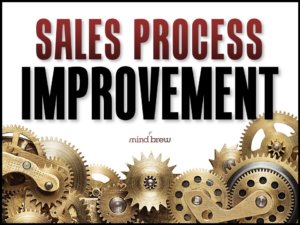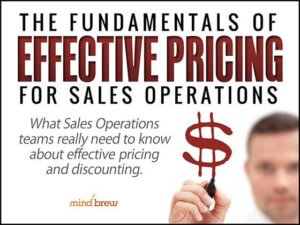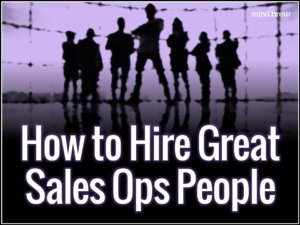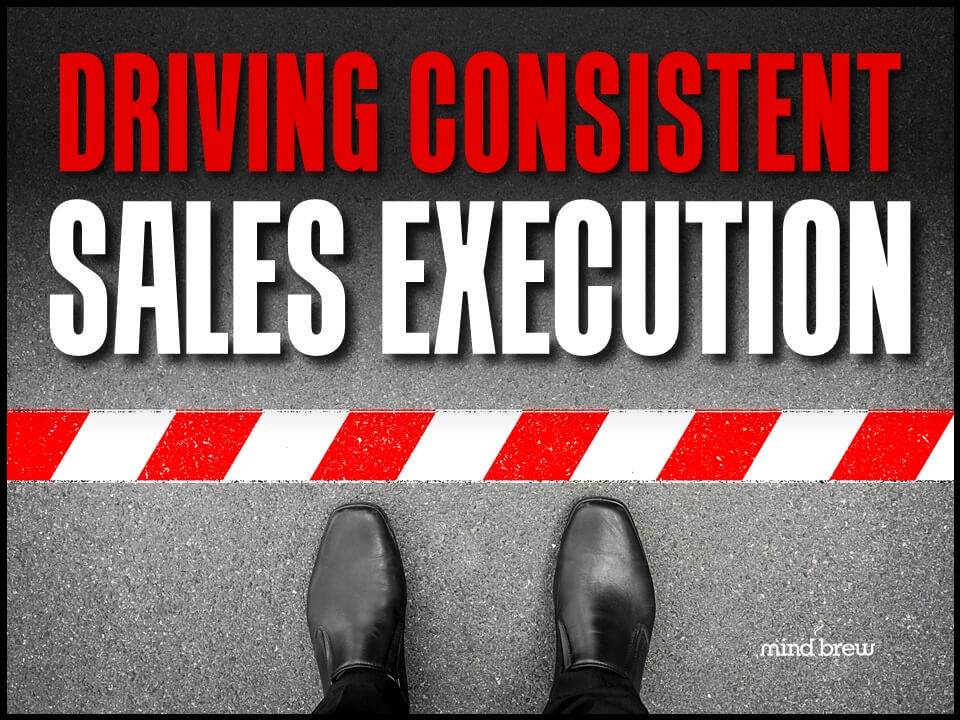Have you been down to a factory floor recently?
If it’s been a while (or never), you might be surprised at the level of automation in most manufacturing operations. Gone are the days when individual operators were drilling holes and riveting sheet metal. At many plants, robots handle those tasks now. The operators have the far more complex responsibility of overseeing three or four robots. They make adjustments as necessary and troubleshoot when things go wrong.
In many ways, operators have become even more valuable employees than they were before the advent of robots. Their skills are more advanced, and their knowledge more specialized. Some of them are even superstars who can coax ailing machines back to life when no one else thinks it’s possible. They keep the factory running day in and day out.
But one thing that hasn’t changed is that each operator still has a very narrow focus. They know the intricacies of one or two steps in the process better than anyone else. However, they don’t look beyond that limited scope to consider the overall system.
On the other hand, the engineers who oversee the assembly line have a very different perspective.
They almost certainly don’t know what error code E5743 means on robot AH451. But they do know how products are supposed to flow through the plant. They can see if bottlenecks are occurring in particular areas, and they adjust workflows to get things flowing more smoothly.
Sales operators vs. sales engineers
If you’ve spent very much time on SellingBrew, you know that we love to compare the sales process to a factory or a machine. Raw materials in the form of leads enter, and after the process is complete, they emerge on the other side as sales.
In this analogy, the sales ops team can function more like operators or more like engineers.
Teams that function like operators focus narrowly on requests from the salespeople. They spend their time answering RFQs or creating sales materials or generating reports in response to demands from the sales team. They might be really, really good at these tasks. In fact, the sales team might be so reliant on them to keep things going that the sales machine can’t really operate without them. They are incredibly valuable.
However, the “operator” sales ops teams remain focused on these narrow tasks set by the salespeople. They never step back to examine the big picture. And that means no one is looking for opportunities to improve the overall system.
In contrast, sales ops teams that function like engineers are constantly viewing the entire sales machine. They look for bottlenecks that are slowing down the process, and they launch new initiatives that aim to make things more efficient. Yes, they still dig into the details on occasion. They answer sales team requests for assistance when they can, and they generate plenty of reports. But they also make time for more strategic work.
Becoming a sales engineer
Where does your team fall on this continuum? Are you more strategic or more tactical?
If you would like to become more like sales engineers, there are a lot of things you can do. To start, you can prioritize strategic activities over responding to requests from the sales team. Of course, you don’t want to ignore them completely, but make sure that you are completing your big picture work first.
You can find a lot more tips and suggestions in SellingBrew resources. The following four are a great place to start:
- How to Optimize Your Sales Funnel
- Sales Process Improvement
- Accelerating Sales Cycles
- A Winning Roadmap for Sales Operations
A well-engineered sales machine reduces dependence on superstar reps and ensures that even average sellers can perform at a high level. Better yet, having a clear understanding of how the sales machine works exposes opportunities for improvement—you can easily identify tweaks to make that can deliver significant boosts to team performance and the bottom line.















